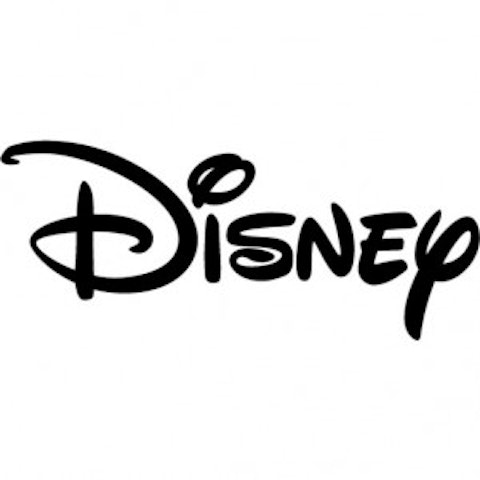
The feds started settling the initial case nearly three years ago, but that wasn’t the end of the story. With the DoJ’s claims out of the way, a class-action lawsuit took shape. This one’s not about anticompetitive strategy, but about unfairly limiting the earnings power of about 100,000 technical staffers. And that lawsuit is still rolling since judge Lucy Koh (yes, the honorable Lucy Koh of last summer’s blockbuster, Apple’s $1 billion victory over Samsung) denied a call for dismissal in April.
Well, The Walt Disney Company (NYSE:DIS) has apparently had enough of this affair. In a weekend court filing, Judge Koh said The Walt Disney Company (NYSE:DIS)’s Lucasfilm and Pixar units have settled their differences with unhappy employees. It’s time for The Walt Disney Company (NYSE:DIS)’s legal team to don their swimsuits and take a vacation, because for them, this long-running saga is finally over.

Lucy Koh, district judge in the Northern District of California. Image source: Northern District of California
Well, almost — Koh expects a joint settlement status report by Friday, and she gives the lawyers another week after that to file five-page briefs on how this settlement might affect the remaining defendants. Until then (or perhaps not even then), we won’t have any detail on what the settlements entailed. But attorney Joseph Saveri, who represented the disgruntled employees, seems to like the outcome, so it probably wasn’t cheap for The Walt Disney Company (NYSE:DIS).
The next hearing in the ongoing case is set for Aug. 8, giving the defendants and plaintiffs some time to work out a deal before the next court appearance.
It’s hard to say whether or not the settlement affected The Walt Disney Company (NYSE:DIS)’s share price. The stock dropped 1.5% on Monday, while the Dow Jones Industrial Average (INDEXDJX:.DJI) was rather flat, but The Walt Disney Company (NYSE:DIS) had other news competing for shareholders’ attention that day. In particular, digital video site Hulu.com, of which the House of Mouse is a co-owner, was on the auction block last week. But Hulu’s triumvirate of owners decided to keep the service in house and pump more capital into it instead.
“The future of Hulu is bright,” said Disney CEO Bob Iger. “And if the future of Hulu is bright we should hold on to it.”
It’s an open question how much Disney investors agree with that statement. What we know for sure is that between the settlement and the 180-degree turn on Hulu, Disney shares have underperformed the Dow Jones Industrial Average (INDEXDJX:.DJI) — they’re down another 1.3% today. The suit still hangs like a Sword of Damocles over the last five defendants, which include another Dow Jones Industrial Average (INDEXDJX:.DJI) component. When all is said and done, depending on the cash sums involved, this legal action may end up shaving a few points off the Dow.
The article Disney Tells Its Lawyers to Take a Vacation originally appeared on Fool.com and is written by Anders Bylund.
Fool contributor Anders Bylund owns shares of Google, but he holds no other position in any company mentioned. Check out Anders’ bio and holdings or follow him on Twitter and Google+. The Motley Fool owns shares of Google, Apple, and Walt Disney. Motley Fool newsletter services have recommended buying shares of Google, Walt Disney, and Apple. Motley Fool newsletter services have recommended creating a bull call spread position in Apple. The Motley Fool has a disclosure policy. We Fools may not all hold the same opinions, but we all believe that considering a diverse range of insights makes us better investors.
Copyright © 1995 – 2013 The Motley Fool, LLC. All rights reserved. The Motley Fool has a disclosure policy.




